Election 2022 live updates: independents slam ‘dirty tactic’, reporting fake campaign signs; 30 Covid deaths | Australian election 2022
Some good news from Queensland. Three-year-old Nevaeh Austin is recovering well:
Today’s election briefing is in. Josh Butler has corflute-gate, the gatecrashing kid, the tooth fairy, and more:

Daniel Hurst
Australia should double foreign aid for health programs and craft a long-term Indo-Pacific regional health policy, according to a pre-election policy brief backed by development and health experts.
The chief executive of the Fred Hollows Foundation, Ian Wishart, said strong health systems improved health equity, making them more resilient to severe events like pandemics. Wishart said:
Australia’s relationship with the Indo-Pacific is inextricably linked, and without resilient health systems in the whole region, our security and prosperity are at stake. We are, quite literally, in this together.
The chief executive of the Australian Council for International Development (Acfid), Marc Purcell, added:
This is about building a healthier world, and we know it starts by recognising the strong cultural, economic and trade ties we have to our closest neighbours in the Indo-Pacific.
The comments follow the release of a policy brief by Acfid, which says the Covid-19 pandemic has exposed the fragility of health care systems across the region, affecting “already marginalised people most significantly and created secondary impacts worse than the pandemic itself”.
The policy brief says a re-elected or incoming Australian government should commit to a long-term regional health policy for the Indo-Pacific, with assistance focused on a range of areas including improving the quantity and quality of the health workforce, particularly at the primary care level.
The seven recommendations also include an increase in Overseas Development Assistance (ODA). The policy brief says the Australian government should “reflect the importance of health in regional recovery from Covid-19 and growing secondary impacts by doubling Australia’s health ODA over the next five years”.
Here’s AAP again, on Labor leader Anthony Albanese’s trail:
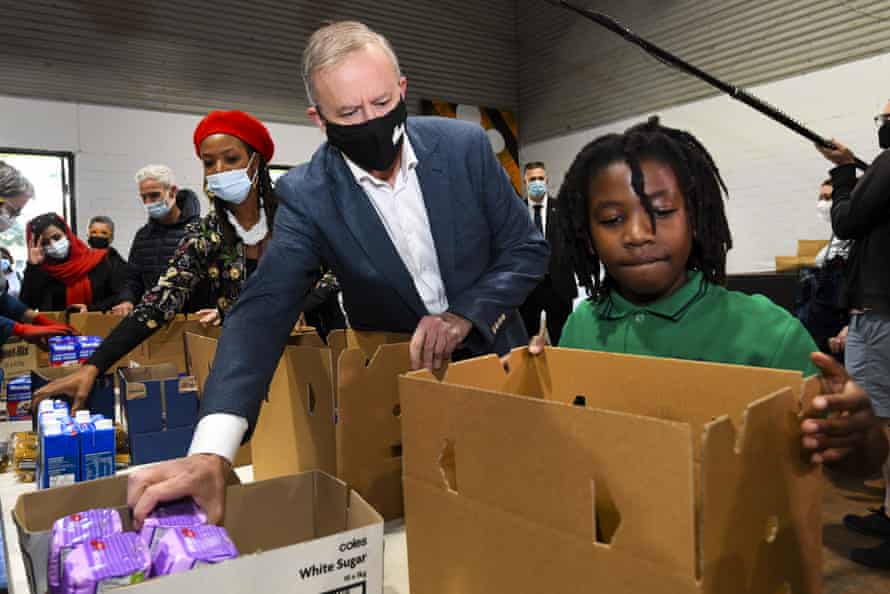
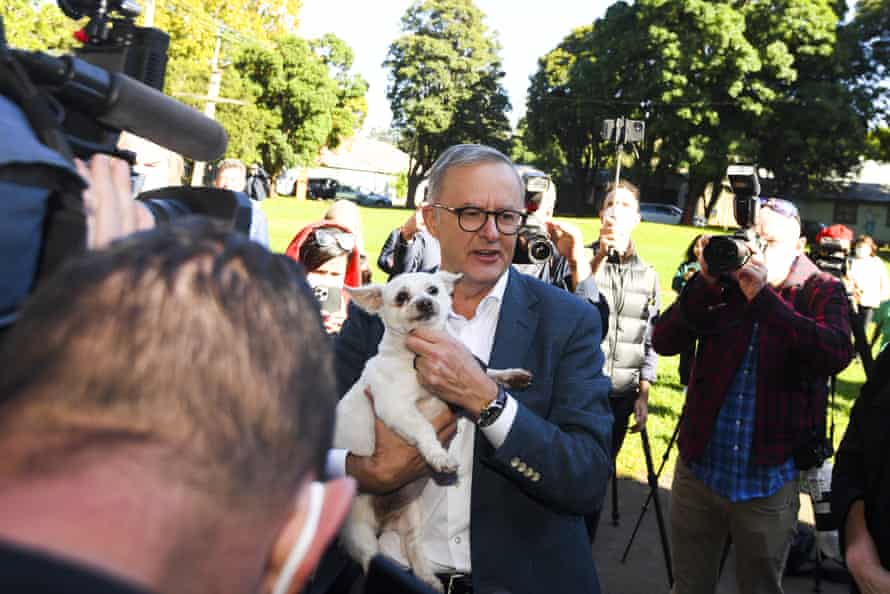
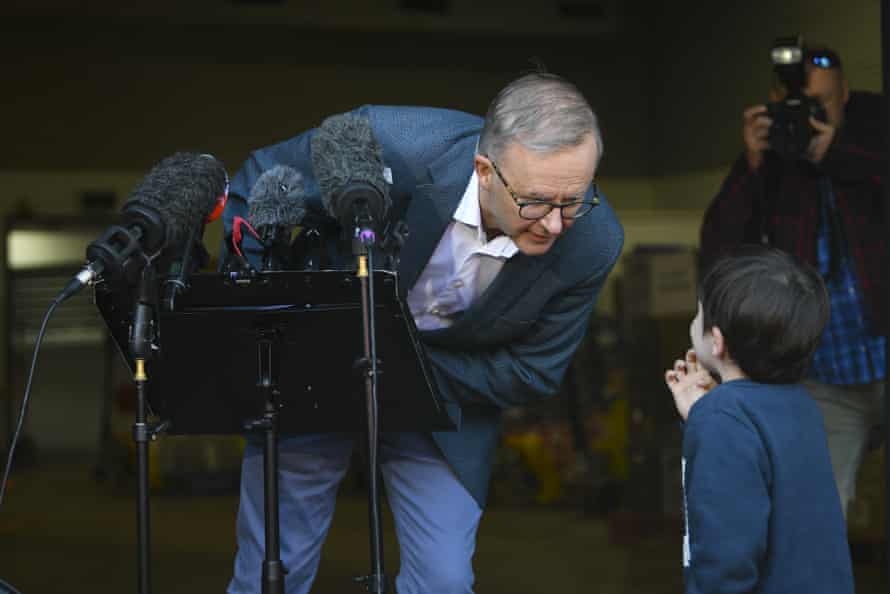
Some snaps of Scott Morrison on the campaign trail today, by AAP:
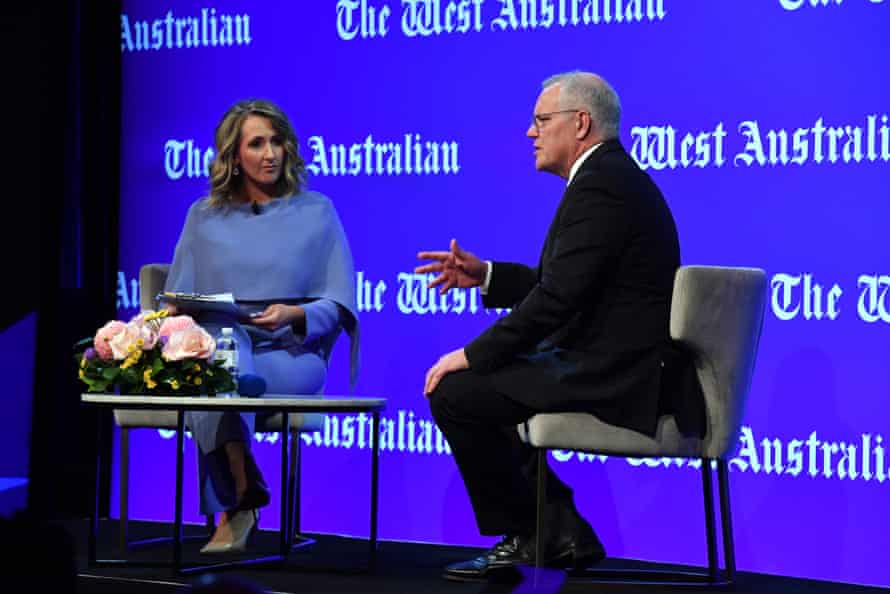
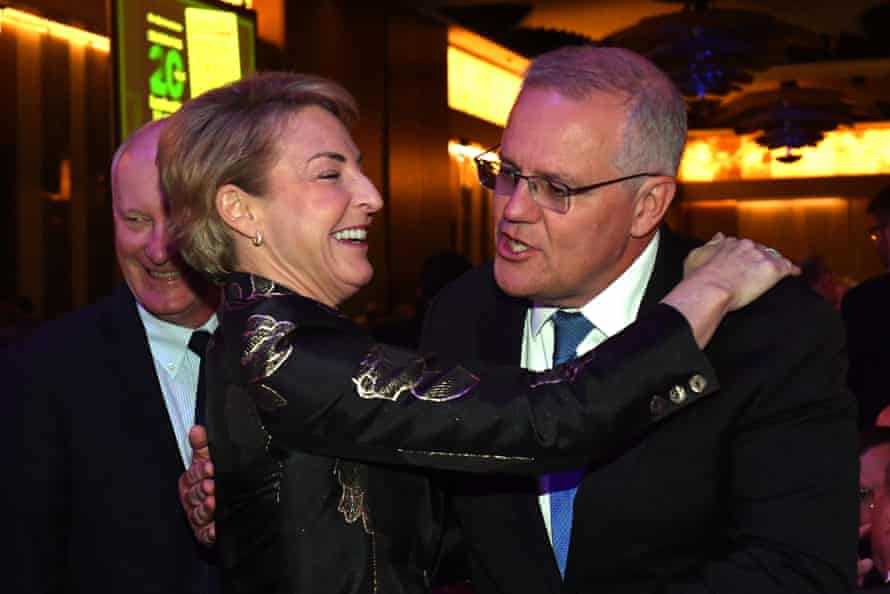
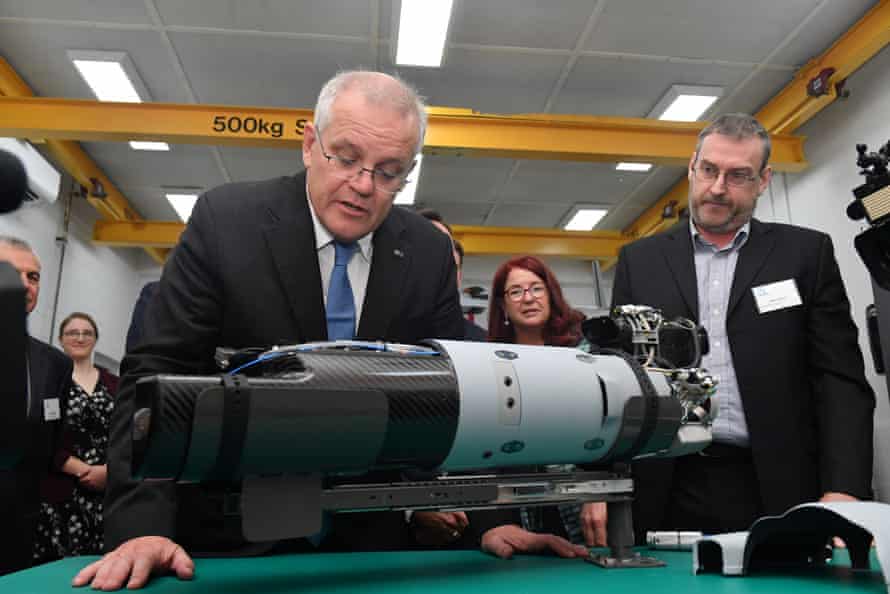
“My opponents are going low – very low – with fake posters,” independent Warringah MP Zali Steggall says. Josh Butler reads the signs:
Video: Prime minister Scott Morrison responds to his predecessor Malcolm Turnbull’s comments on “teal” independents – and declines to comment on whether he’d resign in the case of a hung parliament:
Need to catch up on the campaign? We have just the thing! Katharine Murphy and Jane Lee dissect the policy, the press pack, and the political theatre in today’s Campaign Catchup:
Morrison says he’s visiting electorates where it’s a contest “principally between Labor and the Liberal Nationals” (as opposed to the seats where independents are in with a chance).
He says he hopes that on the Sunday after the election, the headlines will be “a strong government has been returned”.
SBS reports (and I missed the first part of the interview, apologies, will catch up later) he also declined to discuss abortion as it was not an election issue, and said he’d be happy to have a beer with former US president Donald Trump or current president Joe Biden, but that Trump would be more “colourful”.

Daniel Hurst
Prime minister Scott Morrison has been speaking at an event hosted by the West Australian newspaper.
Asked whether Anthony Albanese may be suffering from brain fog post-Covid, Morrison couldn’t resist a sledge:
If that’s what he wants to believe, if that helps him get through the day, well good luck to him.
Morrison went on to say people were starting to ask whether Albanese was “up to it”.
There have been 7,454 Covid deaths in Australia:

Daniel Hurst
Let’s return briefly to Scott Morrison’s announcement of $1bn to “equip Australia’s special operations forces with cutting edge equipment and technology”.
It’s part of a significant project known as Project Greyfin – something that is not new.
Back in August 2019, Morrison announced $500m towards the first stage of Project Greyfin. The government said at the time that the entire project would be worth $3bn over 20 years.
The first stage is under way. The $1bn announcement is for the approval of the second stage of the same project, which the government says aims to “update Special Operations Command and control with a focus on agility and strategic posture”.
There will be further stages in future.
The ABC’s Fran Kelly asks Shorten about the cost blowouts in the NDIS. Does Labor have a plan?
It’s not a sustainability problem, it’s a competence problem, Shorten says:
This government is wasting tens of millions of dollars on lawyers fighting people with disabilities in the courts. This government is wasting tens of millions of dollars on consultants. This government can’t manage price rip-offs and overcharging by elements within the service provision of the NDIS.
The way to run the scheme is to make sure people aren’t getting ripped off. It’s not to stop a person getting a wheelchair, a blind guy get a white cane or children with autism and speech pathology and occupational therapy.
